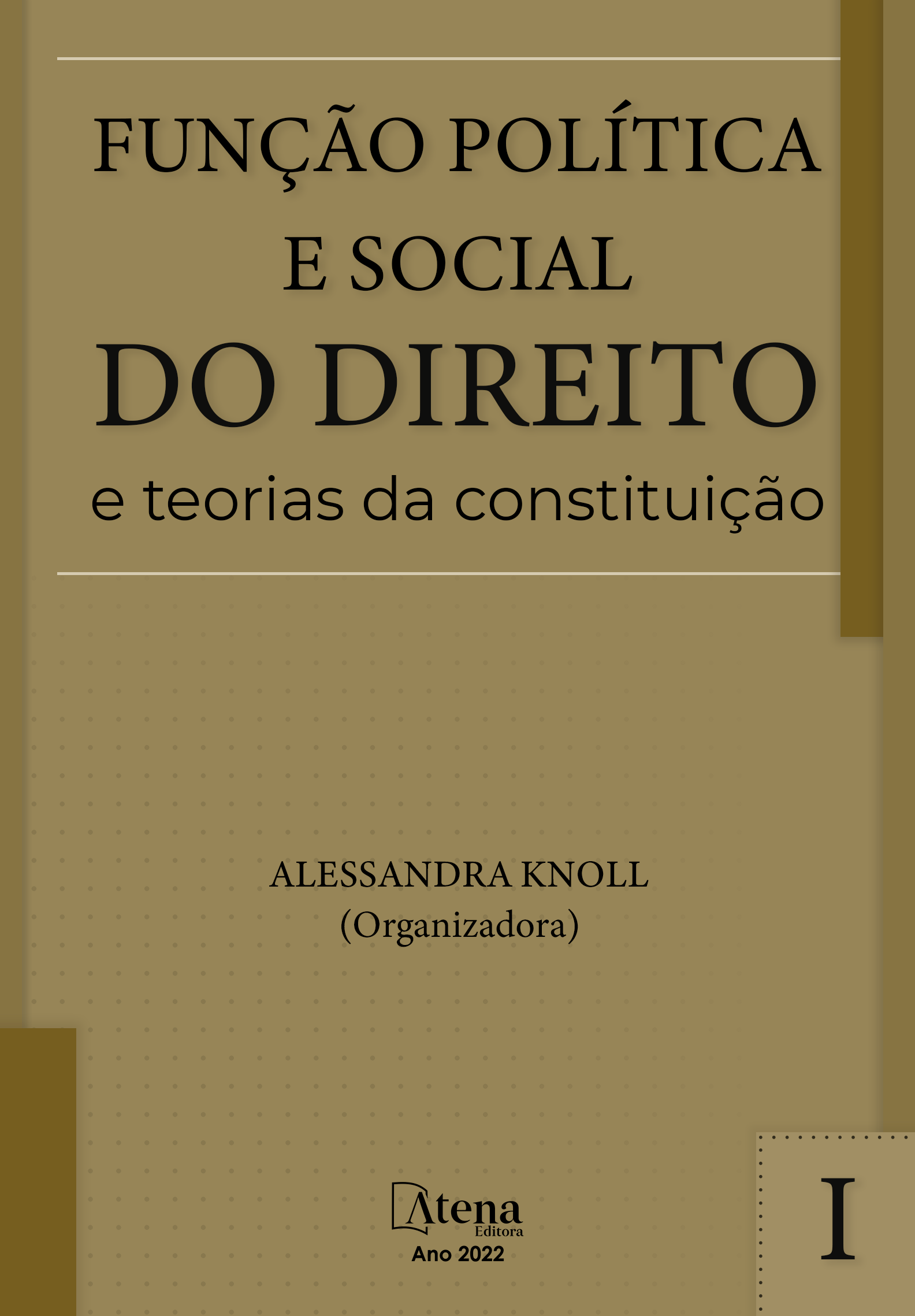
DEMOCRACIA Y ESPACIO PÚBLICO EN AMÉRICA LATINA
La Constitución Federal Brasileña de 1988 institucionalizó la creación de espacios legalmente constituidos denominados Consejos Deliberantes, que surgieron con la propuesta de legitimar el ejercicio de la soberanía popular, la gestión democrática de las políticas sociales y el control social por parte de la sociedad civil. Así, el objetivo de esta investigación científica es analizar, desde la perspectiva de los estudios sobre Gestión Social, el grado de participación y representatividad de la población en los Ayuntamientos. La metodología utilizada fue el estudio de caso. Los resultados indican que, desde la perspectiva de los estudios sobre gestión social, el grado de participación y representatividad de la población en los Consejos analizados, en teoría, indican su relevancia para fortalecer el ejercicio de la gestión democrática de las políticas sociales. Sin embargo, no presentan un reposicionamiento al analizar los casos presentados en la práctica, ya que todos los mencionados aún presentan evidencia de la dimensión estratégica y del Estado neoinstitucional actual.
DEMOCRACIA Y ESPACIO PÚBLICO EN AMÉRICA LATINA
-
DOI: 10.22533/at.ed.81322260113
-
Palavras-chave: Constitución Federal, Consejos Deliberantes, Democracia, Control Social, Gestión Social.
-
Keywords: Federal Constitution, Deliberative Councils, Democracy, Social Control, Social Management
-
Abstract:
The Brazilian Federal Constitution of 1988 institutionalized the creation of spaces made legally called Deliberative Councils, which come with a proposal to legitimize the exercise of popular sovereignty, democratic management of social policies and social control by civil society. Thus, the goal of this scientific research is to analyze, from the perspective of studies on the Social Management, the degree of participation and representation of the population in the Councils. The methodology used was the case study. The results show that, from the perspective of studies of social management, the degree of participation and representativeness of the population in the analyzed Councils, in theory, indicate the relevance for strengthening the exercise of democratic management of social policies. However, they do not present a repositioning to analyze in practice the cases presented, for all of the above still show evidence of the strategic dimension and the current neoinstitucional State.
-
Número de páginas: 19
- Fernanda Matsukura Lindemeyer Pieri
- Alessandra Knoll


